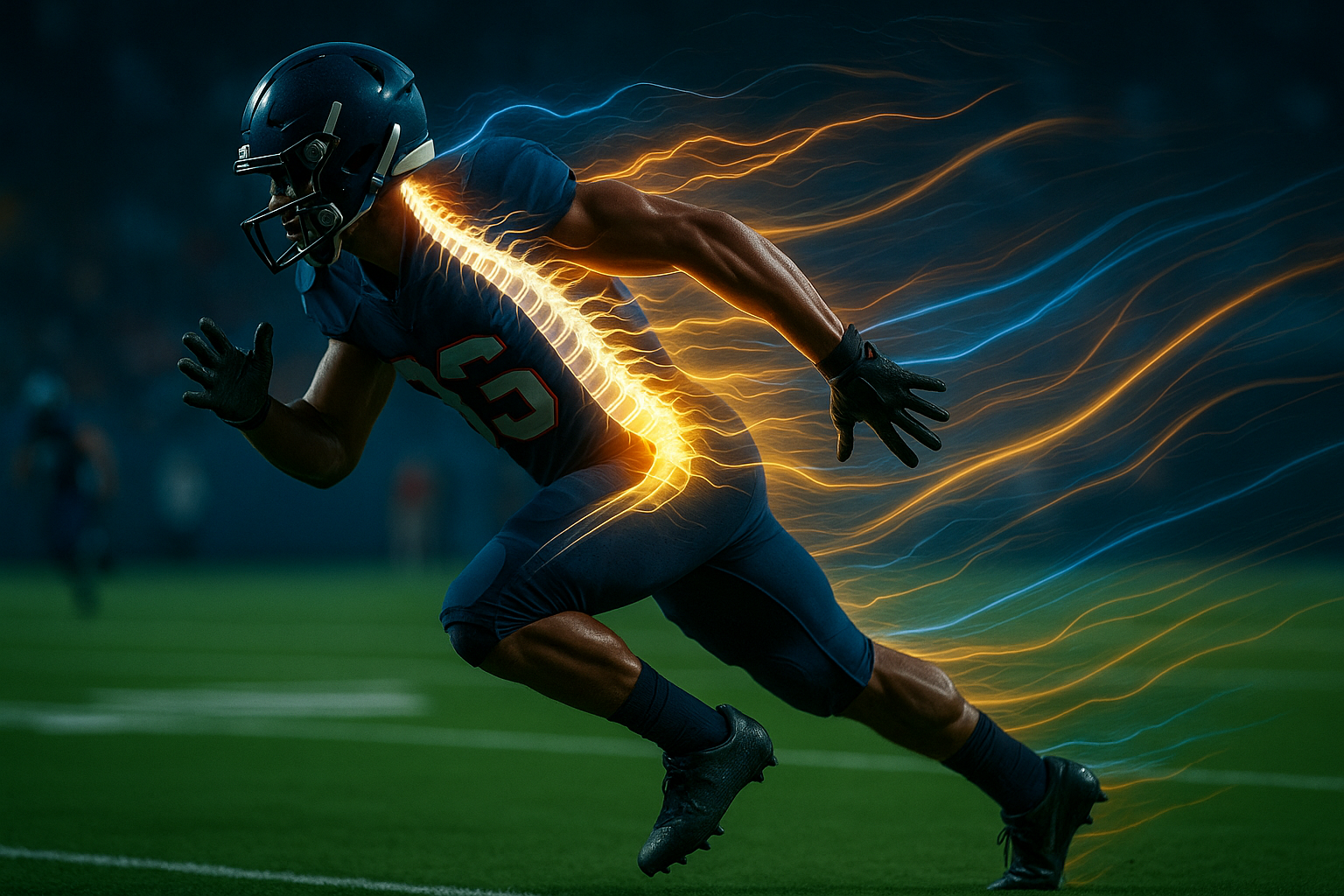From Pain to Peace of Mind: Chiropractors and Injury Recovery

Getting hurt is frustrating. Whether it’s a car accident, a sports injury, or simply moving the wrong way while lifting a box, pain has a way of taking over your life.
It’s not just the discomfort. It’s the way injuries steal your peace of mind. Suddenly you’re wondering: “Will I ever feel normal again? How long will this last? Do I have to rely on pain meds forever?”
Here’s the good news: chiropractic care for injury rehabilitation helps you move from pain to peace of mind — naturally.
Why Injuries Linger Longer Than They Should
Most injuries don’t heal overnight. Even “minor” ones leave behind stiffness, swelling, or scar tissue. If your body doesn’t heal correctly, those little issues turn into big, long-term problems.
That’s why people often say things like:
- “My back has never been the same since that accident.”
- “My shoulder still hurts from an old injury.”
- “I thought it would get better with time, but it hasn’t.”
Time helps, yes — but proper care is what truly makes the difference.
How Chiropractors Help With Injury Recovery
Chiropractors do more than just crack backs. When it comes to injury rehabilitation, we focus on restoring the body’s ability to function properly.
Here’s how chiropractic care helps injuries heal the right way:
- Realignment: Accidents and injuries often knock the spine or joints slightly out of place. Gentle adjustments restore balance.
- Reduced Inflammation: Adjustments and soft tissue work help calm swelling and speed recovery.
- Scar Tissue Prevention: Early chiropractic care keeps muscles and ligaments from healing incorrectly.
- Improved Mobility: Restoring motion keeps you from feeling stiff or “locked up.”
- Whole-Body Healing: We don’t just chase pain — we help your nervous system and muscles recover as a team.
Think of it like giving your body a GPS reset. Instead of wandering through recovery, chiropractic points it back on the right path.
The Emotional Side of Recovery
Here’s something not enough people talk about: the stress that comes with an injury.
I’ve had patients tell me the worst part of getting hurt wasn’t the pain itself, but the fear — the fear of not being able to get back to the activities they love.
That’s where chiropractic shines. When patients see progress week after week — more movement, less pain, better sleep — they don’t just heal physically. They gain peace of mind.
Real Stories From Recovery
- A high school track athlete came in with a painful hip from a bad fall. With chiropractic adjustments and therapy, she was back on the track in weeks — and stronger than before.
- A father recovering from a car accident came in barely able to sit at his desk without pain. Regular care not only reduced his back pain but helped him get back to riding his bike.
These aren’t exceptions. With the right care, recovery isn’t just possible — it’s expected.
Why Chiropractic Is the Missing Piece
Physical therapy and rest have their place, but chiropractic care fills in the gaps. It’s the approach that helps your body heal from the inside out, aligning structure so everything else works better.
That’s why more people are turning to chiropractic care for injuries in Indianapolis and surrounding cities. It’s not just about fixing pain — it’s about getting your life back.
The Choice Is Yours
Injuries don’t just hurt your body — they affect your confidence, your freedom, and your peace of mind.
The path from pain to peace of mind is shorter than you think. BOOK YOUR APPOINTMENT
If you’ve been injured — whether in a car accident, on the field, or at home — don’t just “wait it out.” Book a chiropractic exam today. Your body deserves the chance to heal right the first time.






